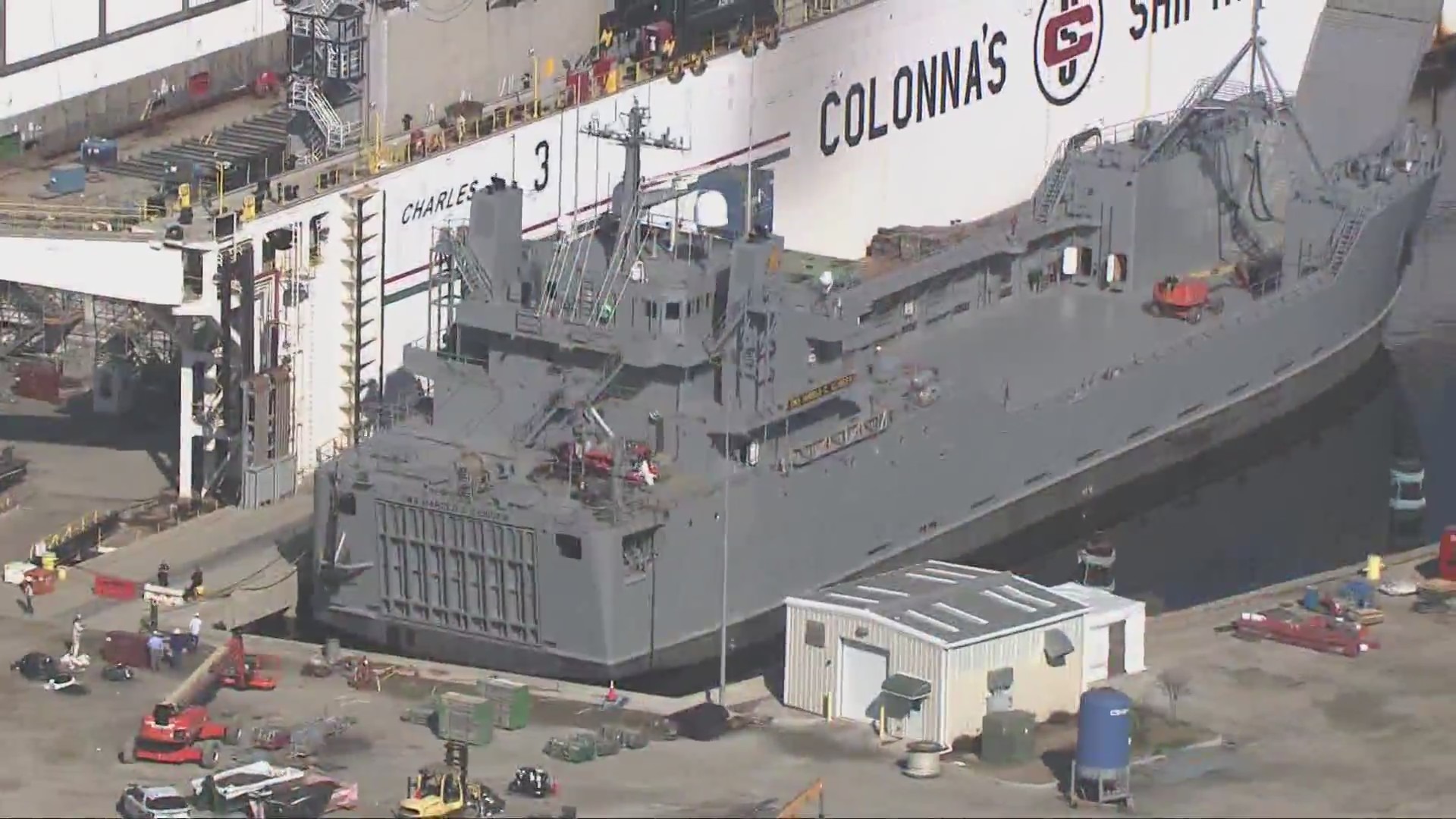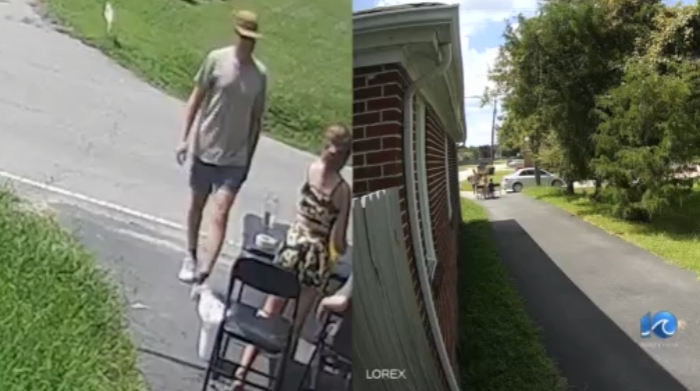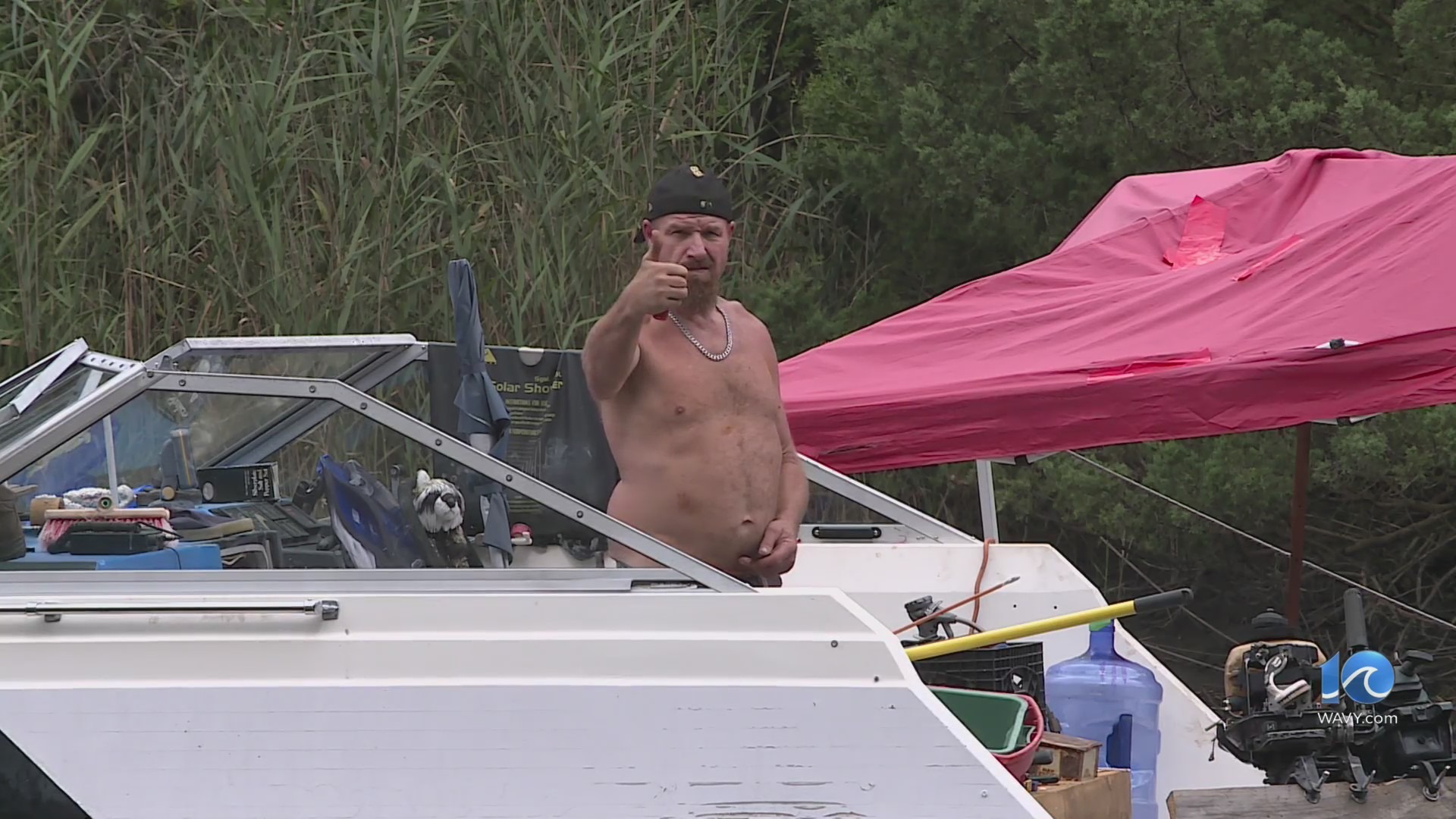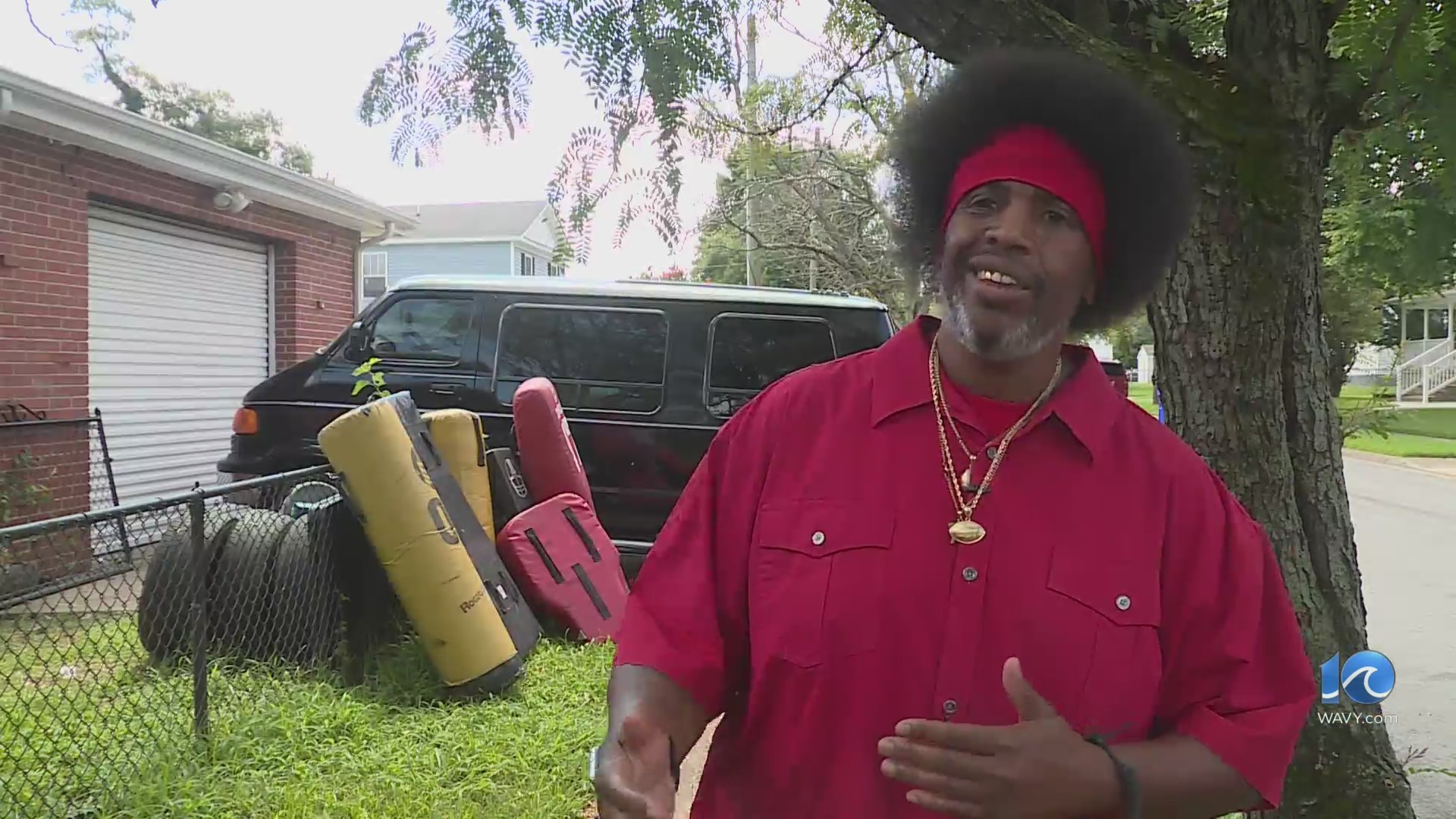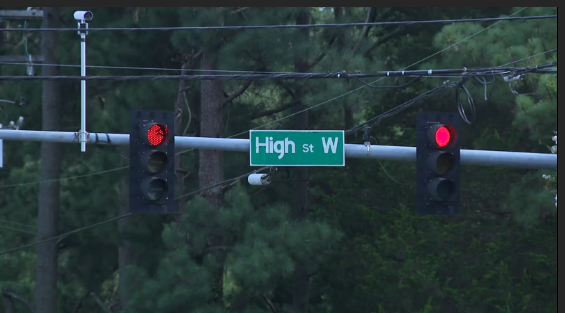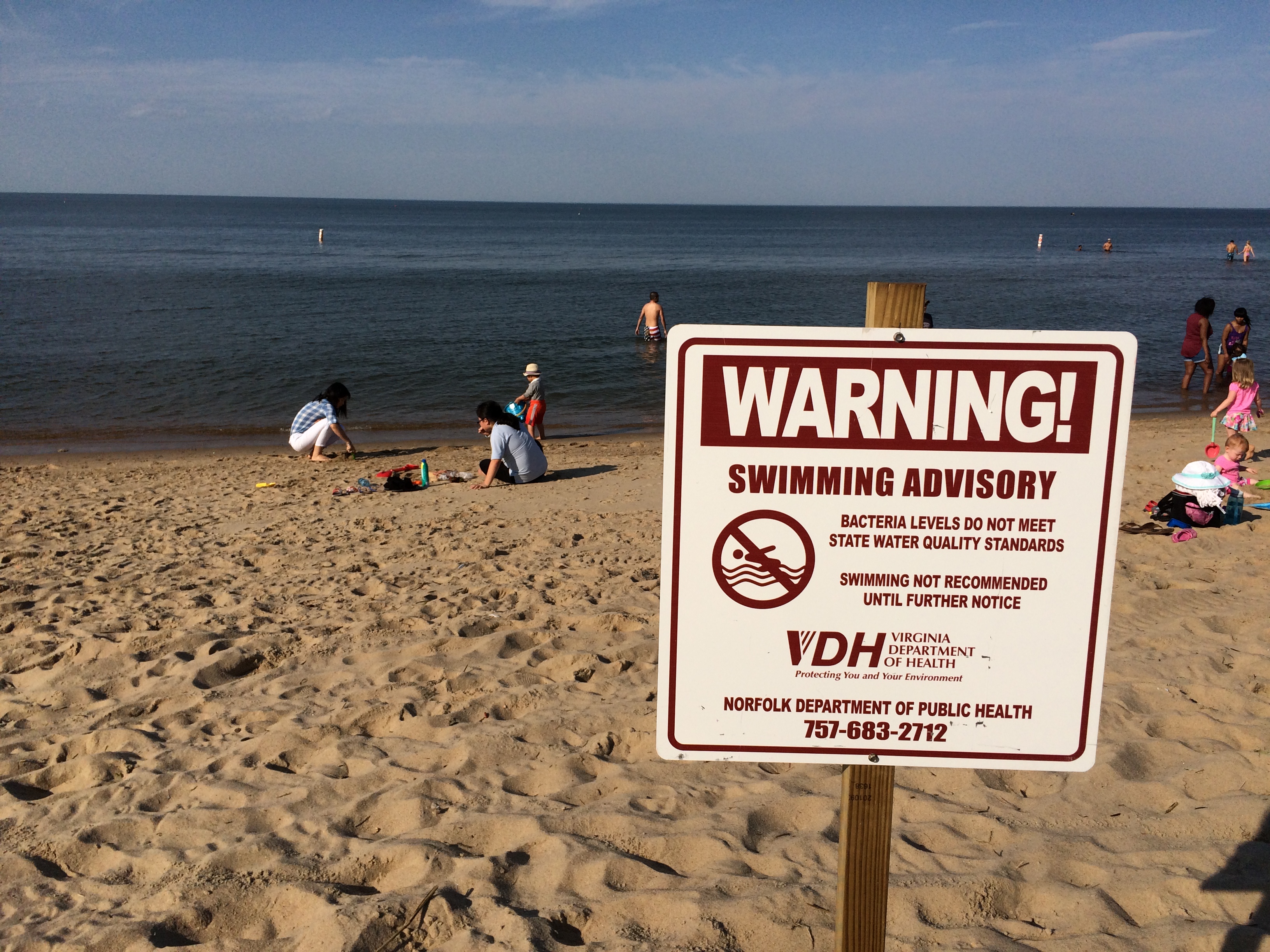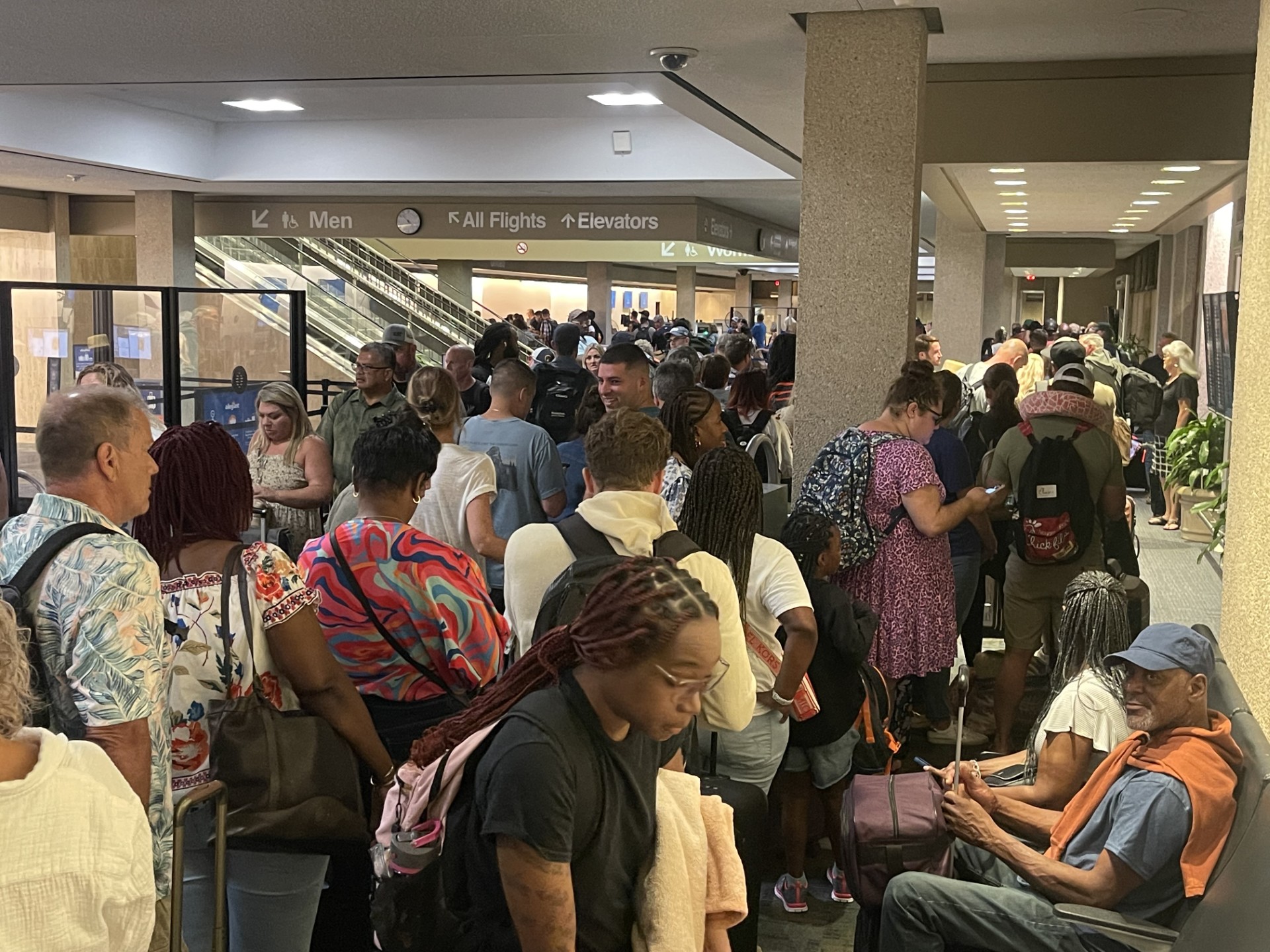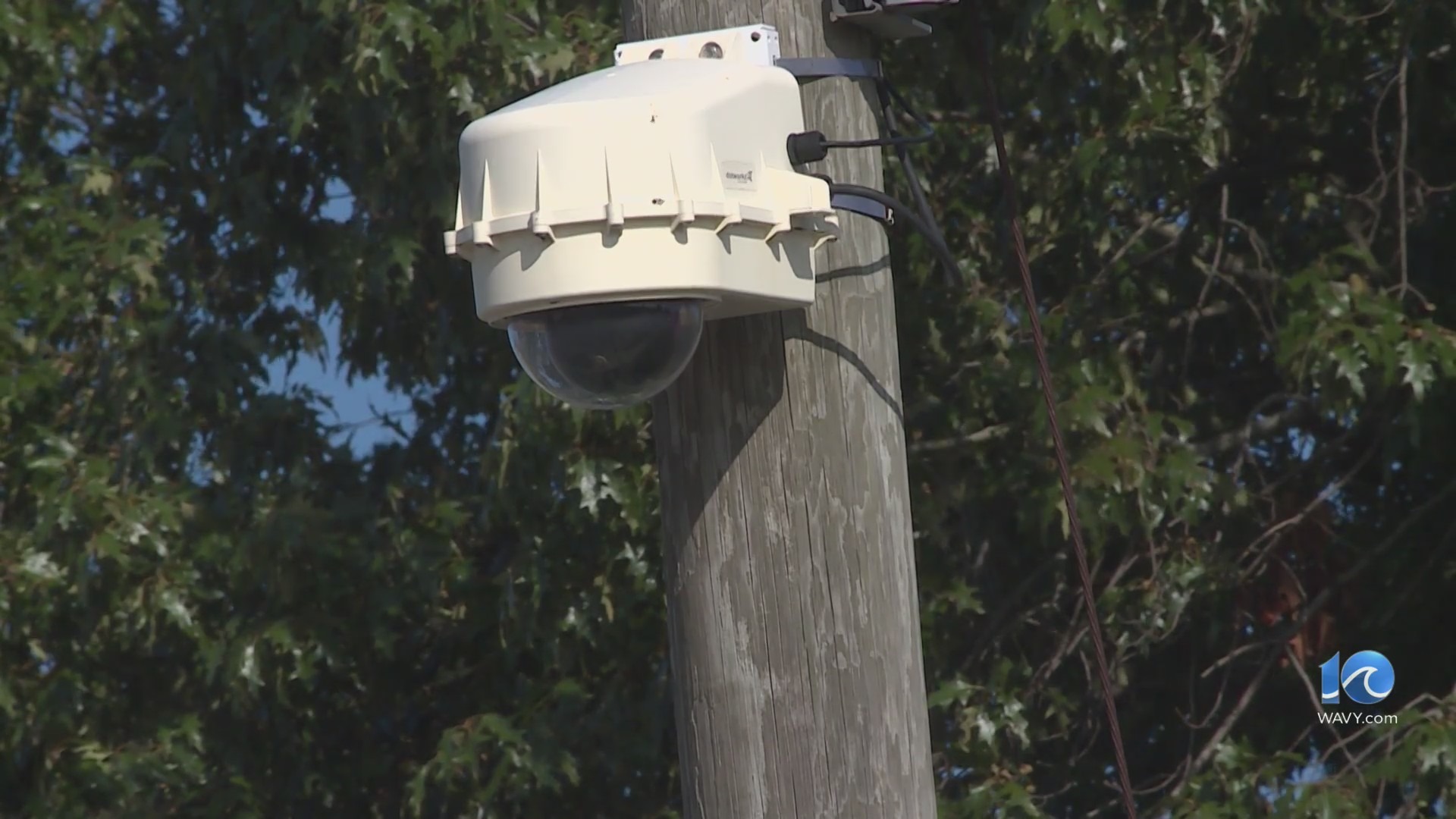ST. PETERSBURG, Fla. (NewsNation Now) — A weakened but resilient Tropical Storm Elsa killed at least one person in Florida on Wednesday and injured several others when a possible tornado struck a campground at a Navy base in southeast Georgia.
The National Hurricane Center said Elsa still packed 45 mph winds more than six hours after making landfall along Florida’s northern Gulf Coast. The storm’s center was near Valdosta, Georgia, by 5 p.m. Wednesday.
Elsa seemed to spare Florida from significant damage, though it still threatened flooding downpours and caused several tornado warnings.
Authorities in Jacksonville, Florida, said one person was killed Wednesday when a tree fell and struck two cars. The National Weather Service reported 50 mph wind gusts in the city. The tree fell during heavy rains, said Capt. Eric Prosswimmer of the Jacksonville Fire Rescue Department. He said no one else was injured.
In nearby Camden County, Georgia, a possible tornado struck a park for recreational vehicles at Kings Bay Naval Submarine Base. About 10 people were injured and taken to hospitals by ambulance, said base spokesman Scott Bassett. The extent of their injuries was not immediately clear. He said some buildings on the base appeared to have been damaged as well.
Elsa wobbled through the Gulf of Mexico, briefly reaching hurricane strength, but moved ashore as a tropical storm, the U.S. National Hurricane Center said Wednesday in its 11 a.m. advisory. The storm made landfall in lightly populated Taylor County, Florida, with maximum sustained winds clocking 65 mph.
Gov. Ron DeSantis said at a morning news conference that no major structural damage from the storm had been reported.
“Clearly, this could have been worse,” the Republican governor said, adding that many storm-related deaths come after the system passes. “Be very careful when you’re working to clear debris.”
The hurricane center said parts of Florida could see up to 8 inches of total rain accumulation from the storm. There was also a risk of flooding in Georgia and South Carolina, which were predicted to get 3 to 5 inches of rainfall. Tornado watches were in effect in parts of northern Florida and southeast Georgia into Wednesday evening.
Valdosta, Georgia, and surrounding Lowndes County came under a flash flood warning as Elsa’s center passed nearby. Some roads and yards flooded, and nearby Moody Air Force Base a reported wind gust of 41 mph, said county spokeswoman Meghan Barwick.
Scattered power outages were being reported along Elsa’s path Wednesday evening, with about 35,000 homes and businesses on either side of the Georgia-Florida state line without electricity, according to the website poweroutages.us.
“We’re fortunate to see minimal damage & flooding this morning, but it’s important to keep safety top of mind. Be aware of your surroundings & don’t drive through flood waters,” Tampa Mayor Jane Castor said on Twitter.
Schools and government offices in the Tampa area were closed and most public events postponed as Elsa approached Tuesday. Castor, however, predicted hockey’s Stanley Cup finals game between the Tampa Bay Lightning and Montreal Canadiens would be played as scheduled Wednesday night.
Earlier Tuesday, Elsa swept past the Florida Keys but spared the low-lying island chain a direct hit.
The storm also complicated the search for potential survivors and victims in the collapse of a Miami-area condominium on June 24. Despite that challenge, crews continued the search in the rubble of Champlain Towers South in Surfside, Florida, on the state’s southeast coast.
The coasts of Georgia and South Carolina were under a tropical storm warning. Forecasters predicted Elsa would remain a tropical storm into Friday, and issued a tropical storm watch from North Carolina to Massachusetts.
Elsa briefly strengthened to a hurricane last week, when it killed at least three people, blew roofs off homes, toppled trees and sparked flooding in Caribbean island nations east of Cuba.
Cuban officials evacuated 180,000 people against the possibility of heavy flooding from a storm that already battered several Caribbean islands.
Elsa is the earliest fifth-named storm on record, said Brian McNoldy, a hurricane researcher at the University of Miami.
This story is developing. Refresh for updates.
























































































